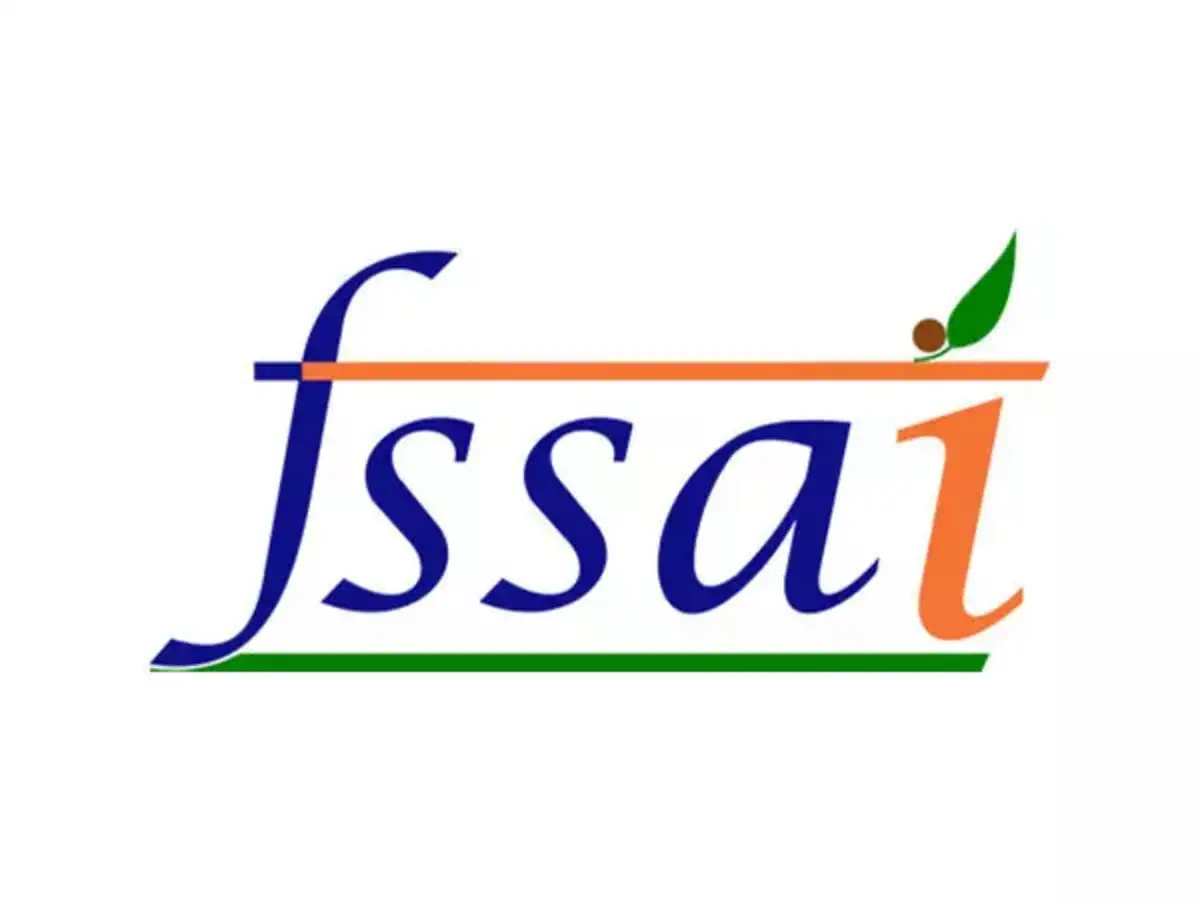- Courses
- GS Full Course 1 Year
- GS Full Course 2 Year
- GS Full Course 3 Year
- GS Full Course Till Selection
- MEP (Mains Enrichment Programme) Data, Facts
- Essay Target – 150+ Marks
- Online Program
- GS Recorded Course
- NCERT- First Ladder
- Polity
- Geography
- Economy
- Ancient, Medieval and Art & Culture AMAC
- Modern India, Post Independence & World History
- Environment
- Governance
- Science & Technology
- International Relations and Internal Security
- Disaster Management
- Ethics
- Current Affairs
- Indian Society and Social Issue
- CSAT
- 5 LAYERED ARJUNA Mentorship
- Public Administration Optional
- ABOUT US
- OUR TOPPERS
- TEST SERIES
- FREE STUDY MATERIAL
- VIDEOS
- CONTACT US
FSSAI Tightens Rules to Combat Antibiotic Use in Food Sector
FSSAI Tightens Rules to Combat Antibiotic Use in Food Sector
30-04-2025

- To curb rising antimicrobial resistance (AMR), the Food Safety and Standards Authority of India (FSSAI) has notified stricter norms on antibiotic use in food items.
- Effective from April 1, 2025, specific antibiotics have been banned in the production of meat, milk, and their related products.
- This decision aims to minimize antibiotic residues in food and safeguard public health from drug-resistant infections.
Global Commitment: India's Role in AMR Fight
- India reaffirmed its dedication to AMR control by endorsing the Muscat Ministerial Manifesto on AMR in November 2022.
- This endorsement was part of the Third Global High-Level Ministerial Conference on AMR, hosted to intensify international efforts.
- The broader objective of the ministerial conference was to accelerate political commitments towards realizing the WHO Global Action Plan on AMR.
Key Global Targets to Combat AMR (as per Muscat Manifesto)
- Reduce Antimicrobial Use: Aim to lower total antimicrobials used in agri-food systems by 30–50% by 2030.
- Preserve Critical Antimicrobials: Stop using medically important antimicrobials for animal growth promotion.
- Ensure Appropriate Access: Ensure that 'Access' group antibiotics comprise at least 60% of total human antibiotic consumption by 2030.
Understanding Antimicrobial Resistance (AMR)
- AMR occurs when bacteria, viruses, fungi, and parasites stop responding to standard antimicrobial treatments.
- This leads to increased disease transmission, more severe illnesses, long-term disabilities, and higher mortality rates.
- Although AMR is a natural evolutionary process, it has been greatly accelerated by the misuse and overuse of antibiotics.
Why is AMR a Global Threat?
- Human Health Impact: According to the World Organization for Animal Health, nearly 5 million deaths in 2019 were associated with drug-resistant infections.
- Economic Consequences: The World Bank projects that AMR could incur an additional US$ 1 trillion in global healthcare costs by 2050.
Way Forward: Addressing AMR Effectively
- Strengthen biosecurity measures to limit the spread of pathogens across farms and production systems.
- Promote low-antibiotic farming systems, such as organic and integrated farming practices.
- Encourage the One Health approach to address AMR across human, animal, and environmental health domains.
- Boost vaccination coverage to reduce infection rates and dependency on antibiotics.
- Adopt alternative interventions such as probiotics, prebiotics, and immune enhancers to support livestock health and productivity.
|
Also Read |
|
| NCERT Books For UPSC | |
| UPSC Monthly Magazine | Best IAS Coaching in Delhi |




